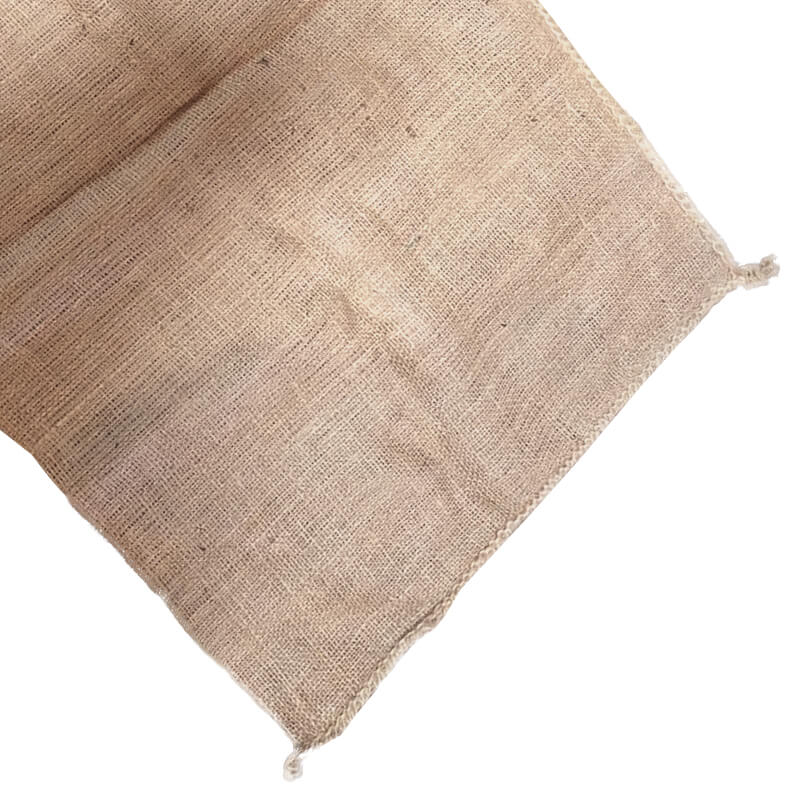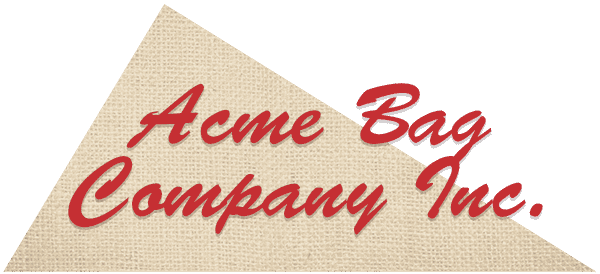Burlap Sand Bags
Request A Quote
Description:
Burlap Sand Bags have been used as a second defense for a long period of time in the construction industry (Burlap Sand Bags handle a heavy flow of water and filtrate particle sizes as small as coarse to medium silt .05 to .02 mm in size, depending on what material is put in the burlap sand bags). Bags come with burlap tie string and they are available in a Bale of 1000 bags.
Certificate of Compliance & Biodegradable (Burlap):
As a supplier of Burlap, we certify that the material supplied with meet or exceed the following physical specifications and also meets the requirements stated on Section 20-2 materials.
Specifications:
| Property | Value |
|---|---|
| Fabric Weight | 8.9 to 10 Oz per Sq. ft. |
| Fabric Structure | W11/F12 |
| Bag Size | 14” X 26”, 18” X 30” |
| Packaging | 1000 Bags in a Bale |
These Burlap Bags are made of Jute Fiber which is naturally grown.
Commonly asked questions:
What are Burlap sand bags used for?
Burlap sand bags are commonly employed as a second line of defense against floodwaters. You can construct a border to help direct any flowing floodwaters away from specific regions such as job sites, buildings, or site crews if the sand bags are correctly filled.
These can be used with our Polypropylene sand bags or on their own. Put them in strategic locations such as crossroads, sewers, uncontrolled irrigation systems, river beds, and buildings.
Who uses Burlap sand bags?
Construction and agriculture industries are heavy consumers of burlap sand bags. These bags can aid in the prevention of crop damage.
Additionally, they can assist in keeping water away from road workers, flaggers, and they can also be placed on delineators and traffic barrels to keep them in place. Cities have also acquired these to keep rising water from reaching high-traffic areas along riverfronts.
What is Burlap made out of?
Our burlap is constructed from jute fabric, which is made from the fibers of the jute plant. Other types of burlap, on the other hand, can be manufactured from hemp or flax textiles.
Our sand bags are 100% natural because our burlap is composed of jute fabric. This makes them naturally more flexible than synthetic versions, which have been known to shred under pressure.
How is the Burlap Made?
Jute fiber comes from the Jute plant, which grows to be between 8 and 12 feet tall when fully mature. It’s a biodegradable material. After being bundled or soaked, the stems are steeped. After that, it’s stripped and washed, stripped again, and dried in the sun.
Jute is transformed to burlap at a mill where the fiber blending process takes place, and the strips are converted into yarn and pressed, thinned, heated, and twisted into Burlap.
How much weight can a burlap sand bag hold?
A typical burlap sand bag has the capacity to hold up to 50 pounds of sand. However, it’s ideal to fill the bag with 35 to 40 pounds of sand to guarantee there are no gaps through which the water can pass. A standard sand bag is 14″ x 26″ or 18″ x 30″.
If you overfill the bag, the sand won’t be able to adjust since there’s nowhere for it to go. Water will be able to flow through multiple large gaps created as a result of this. Filling it most of the way will allow you to create a virtually water-tight and sealed sand bag barricade.
Where is the best place to store burlap sand bags?
Used burlap sand bags should be stored away from direct sunlight, either outside or in a warehouse. If these bags are exposed to the elements, you can purchase some of our polypropylene and burlap tarps to provide additional protection. If the sand bags are new and unused, keep them indoors and away from sunshine, rain, and soil.
Do sand bags actually work?
Sand bags are a simple yet effective method of preventing or reducing flood drainage problems. Sand bags that are properly filled and arranged can operate as a barricade to deflect running water around structures rather than through them. Although sand bag construction may not ensure a watertight seal, it is adequate for most applications.
Request A Quote
You can also call us at 619-429-9800
